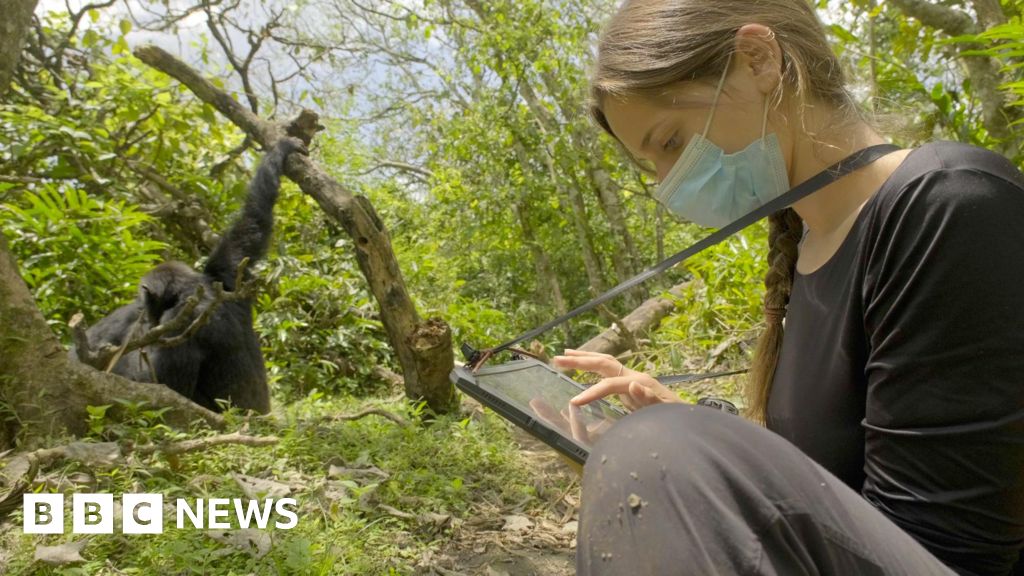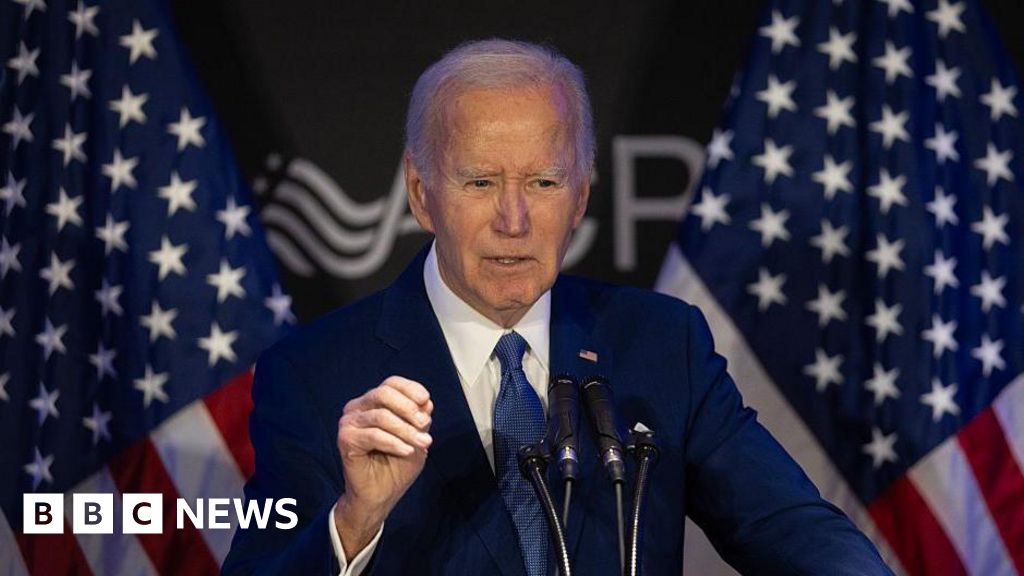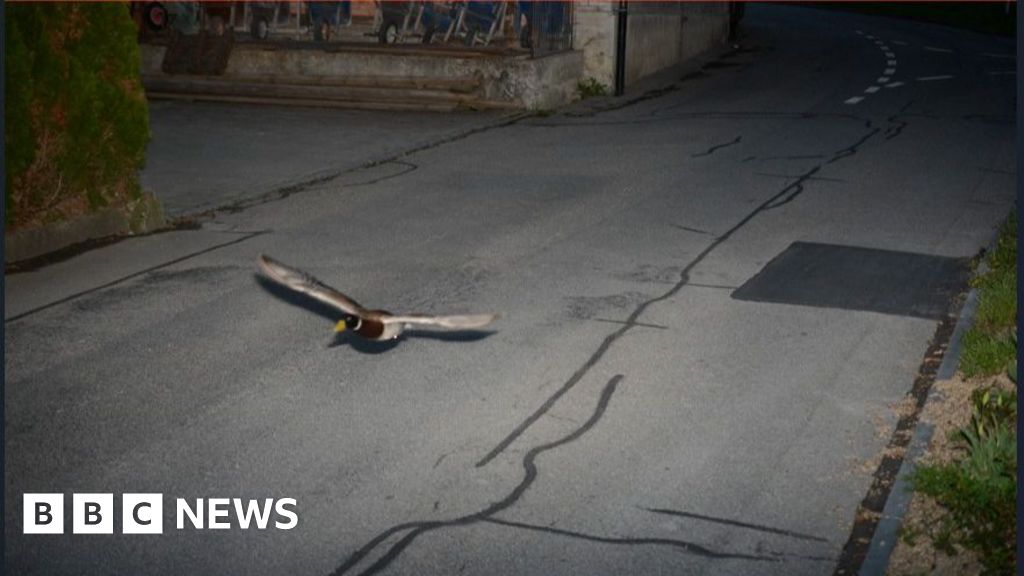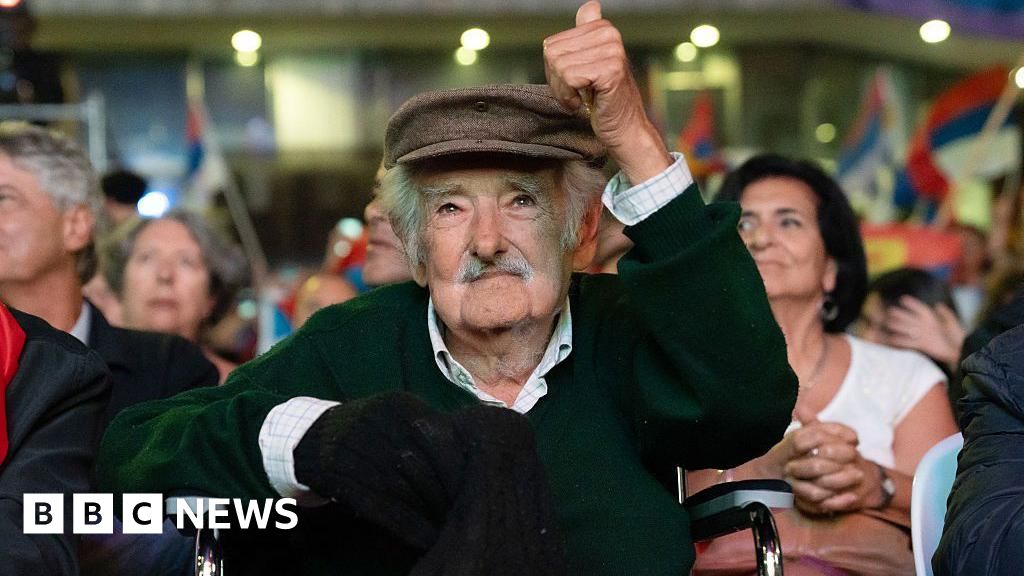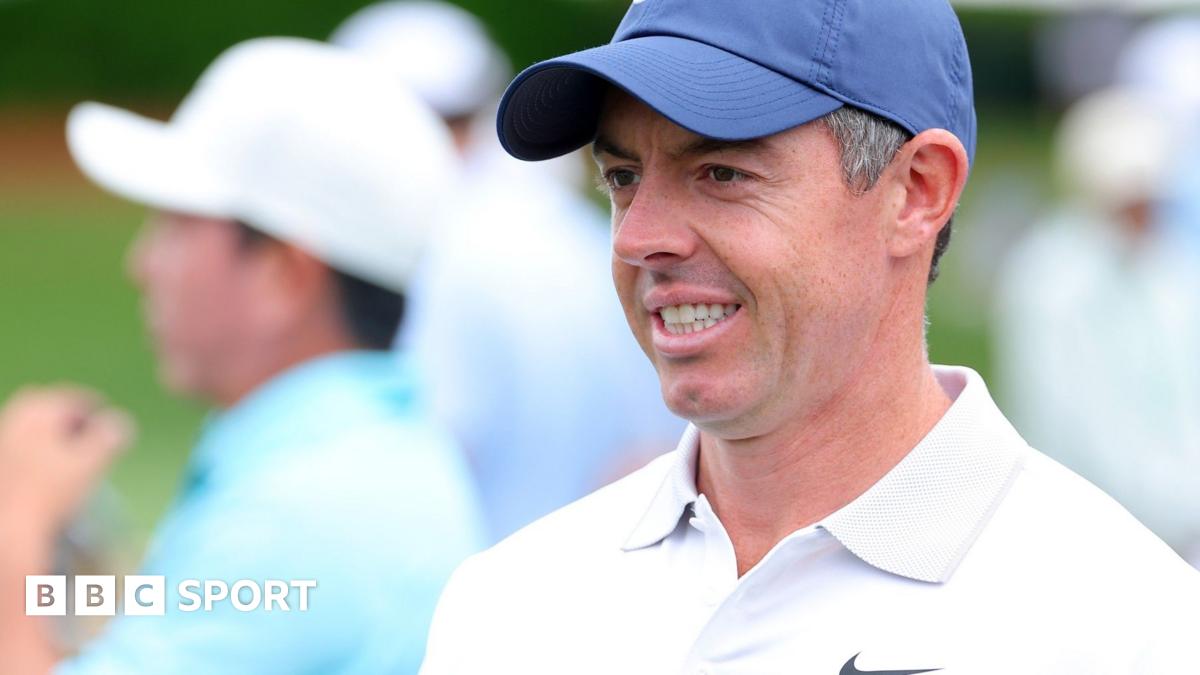Rugby Football Union chief executive Bill Sweeney has survived a vote of no confidence at a special general meeting.
The motion, which had called for the RFU board to terminate Sweeney's appointment, was voted against by 65%.
"I am pleased to see such a decisive outcome," said interim chairman Sir Bill Beaumont.
"I trust those who supported the motion will honour and respect the result. Let's stand together and focus on what we can achieve together.
"The time for division is behind us, and the time for collaboration is now."
A collective of clubs had forced the vote, claiming the RFU had lost touch with the grassroots game, highlighting Sweeney's salary, which has increased significantly thanks to a pay rise and a bonus scheme amid record RFU losses.
The organisation declared record £37.9m operating losses last year, only a few weeks after announcing plans to lay off more than 40 staff.
A second motion, to expedite governance reform in the English game, was overwhelmingly supported at the special general meeting (SGM).
The motion to oust Sweeney was proposed at the SGM by Paddy McAlpine, the co-chair of the Whole Game Union and chair of Chichester Rugby Club.
"We bring this motion not for disruption, but because we believe change is necessary and overdue," McAlpine said.
"The game is being let down by those entrusted to lead it. It is no longer just flawed - it is dangerously inadequate.
"This is not just a vote - this is a turning point, the chance to say we want a better future for English rugby."
Speaking against the motion, RFU board member Wayne Barnes strenuously defended Sweeney's record in his six years in the role, and said his departure would leave a significant void at the top of English rugby.
"He takes all of those relationships, that experience and that influence with him," former referee Barnes said.
"The void would be filled by someone who does not know the landscape."
Barnes also insisted the majority of referees did not back the motion, despite the Rugby Football Referees' Union [RFRU] bringing the motion in the first place.
"This is a time for rugby to now come together," Barnes said.
"I really hope we can start to celebrate the enormous positives there are in the game."
However, speaking on behalf of the RFU board, Barnes pledged the powers-that-be will continue to listen to the game in a bid to end months of discord and heal the cracks in English rugby.
"There is clearly a lot of work to be done to restore our relationship with the community game," he added.
"We need to focus on restoring trust."
Through the course of a 58-minute discussion, various club members, constituent bodies, council and board members spoke up either in support or defence of the motion, before the vote was taken.
The motion received 466 votes against it and 206 voted for it, with 36 abstaining.
A second motion, which was brought forward by the RFU board, called for the expedition of governance reform, devolving more power to the community game.
"These reforms will represent a once-in-a-lifetime opportunity to change the RFU," said Paula Carter, RFU board member and council member for Surrey.

 1 month ago
54
1 month ago
54
